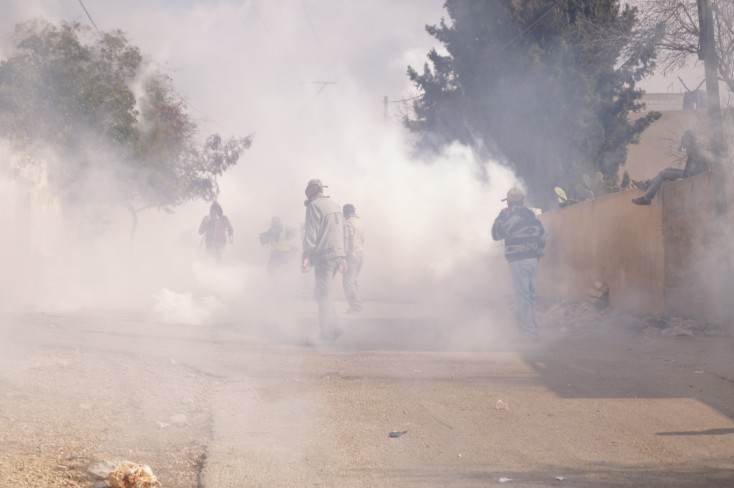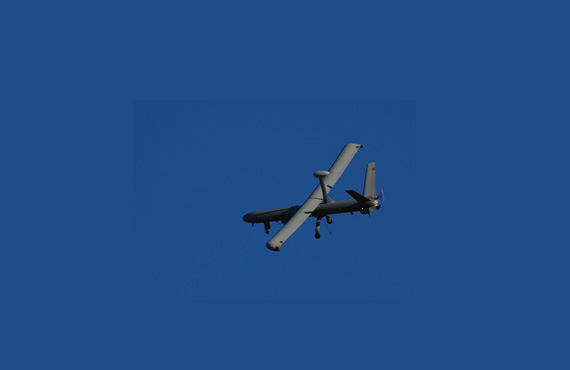Category: Reports
-
Who Profits report: Corporations profit from Israeli prisons
26th January 2014 | Samidoun: Palestinian Prisoner Solidarity Network Who Profits released the following report on the involvement of Israeli and multinational corporations in the Israeli prison system: On December 2013, the Israel Prison Service (IPS) responded to a freedom of information request by Who Profits, which was submitted three months earlier, regarding twenty-two corporations that provide services…
-
Weekly protest at Kafr Qaddum met with exceptional violence
24th January 2014 | International Solidarity Movement, Nablus Team | Kafr Qaddum, Occupied Palestine On Friday 24th January, 2014, the weekly demonstration in Kafr Qaddum, in the Qalqilya district, was repressed by excessive force, to a much greater extent than on most Fridays. By 11:00 a.m., clashes had already broken out between local youths and Israeli soldiers…
-
Gaza: Life beneath the drones
25th January 2014 | Corporate Watch, Tom Anderson and Therezia Cooper | Gaza, Occupied Palestine In the Gaza Strip there is no escape from Israel’s drones. Nicknameed ‘zenana’by Palestinians because of their noisy buzzing, the drones (remote control aircraft) are omnipresent. Sometimes they are there to carry out an extra judicial killing and sometimes they are there…



